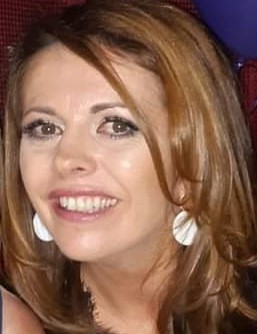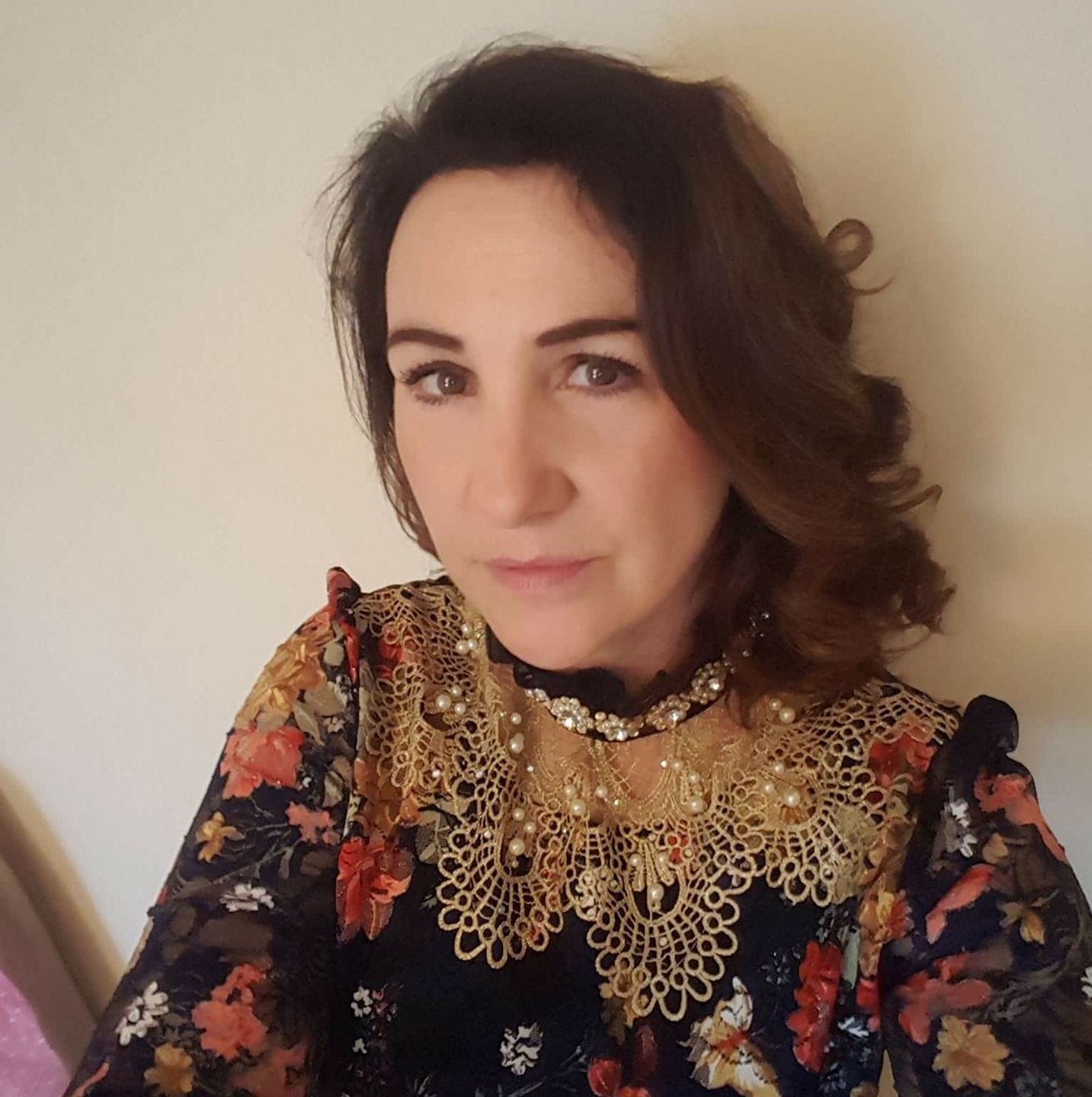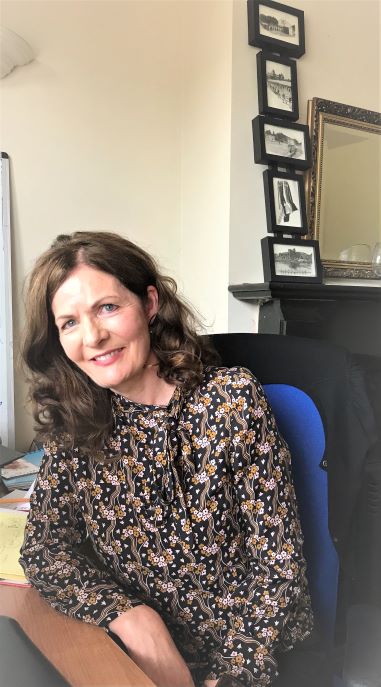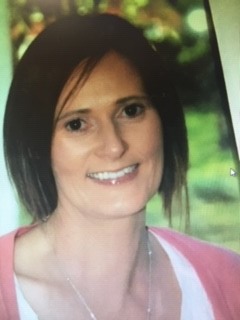-
Courses

Courses
Choosing a course is one of the most important decisions you'll ever make! View our courses and see what our students and lecturers have to say about the courses you are interested in at the links below.
-
University Life

University Life
Each year more than 4,000 choose University of Galway as their University of choice. Find out what life at University of Galway is all about here.
-
About University of Galway

About University of Galway
Since 1845, University of Galway has been sharing the highest quality teaching and research with Ireland and the world. Find out what makes our University so special – from our distinguished history to the latest news and campus developments.
-
Colleges & Schools

Colleges & Schools
University of Galway has earned international recognition as a research-led university with a commitment to top quality teaching across a range of key areas of expertise.
-
Research & Innovation

Research & Innovation
University of Galway’s vibrant research community take on some of the most pressing challenges of our times.
-
Business & Industry

Guiding Breakthrough Research at University of Galway
We explore and facilitate commercial opportunities for the research community at University of Galway, as well as facilitating industry partnership.
-
Alumni & Friends

Alumni & Friends
There are 128,000 University of Galway alumni worldwide. Stay connected to your alumni community! Join our social networks and update your details online.
-
Community Engagement

Community Engagement
At University of Galway, we believe that the best learning takes place when you apply what you learn in a real world context. That's why many of our courses include work placements or community projects.
Nursing: Public Health Nursing (Master Health Science)
Course Overview
The Master Health Science (Public Health Nursing [PHN])—runs over two academic years. Candidates will register initially for a one year postgraduate diploma upon successful completion of year one can register with the NMBI as a public health nurse. To successfully complete Year One the student must complete theoretical modules totalling 60 ECTS and clinical assessment requirements as stipulated by NMBI (2023). They will be awarded a Postgraduate Diploma in Health Sciences (Public Health Nursing). This is currently sponsored by the HSE.
On successful completion of year one students may choose to continue on to Year 2 of the MSc programme, without exiting the programme with a Postgraduate Diploma. In order to transfer to Year 2 of the MSc programme, students must achieve 60% on the aggregate of modules undertaken in year one to progress to Year Two. Year Two of this programme is offered by the School of Nursing and Midwifery, University of Galway, and is not sponsored by the Health Service Executive.
Please note: Year 2 (MSc) is only available to students directly after they have completed year one. This cannot be applied for as a top-up to MSc.
Applications and Selections
Applications are made online via The Postgraduate Applications Centre (PAC).
Please read the Instructions for Applications and Instructions for Applying to the Public Health Nursing sections carefully on the Postgraduate Applications Centre website.
Applicants must satisfy the selection/admission committee that they have the ability to complete the programme.
Successful candidates will have their 1st year sponsored by the Health service Executive.
Note: Confirmation of sponsorship and clinical placement is by provision of a copy of the HSE student Public Health Nurse contract provided to you following successful application and confirmation of your sponsorship.
ADDITIONAL INFORMATION
Please see the following link for important information regarding the application and recruitment policy: http://www.hse.ie/eng/staff/Jobs/Job_Search/Nursing/PHNSponsorship/
Who Teaches this Course
External expert speakers also contribute to programme content.

SCHOOL OF NURSING & MIDWIFERY
ARAS MOYOLA
NUI, GALWAY
View Profile
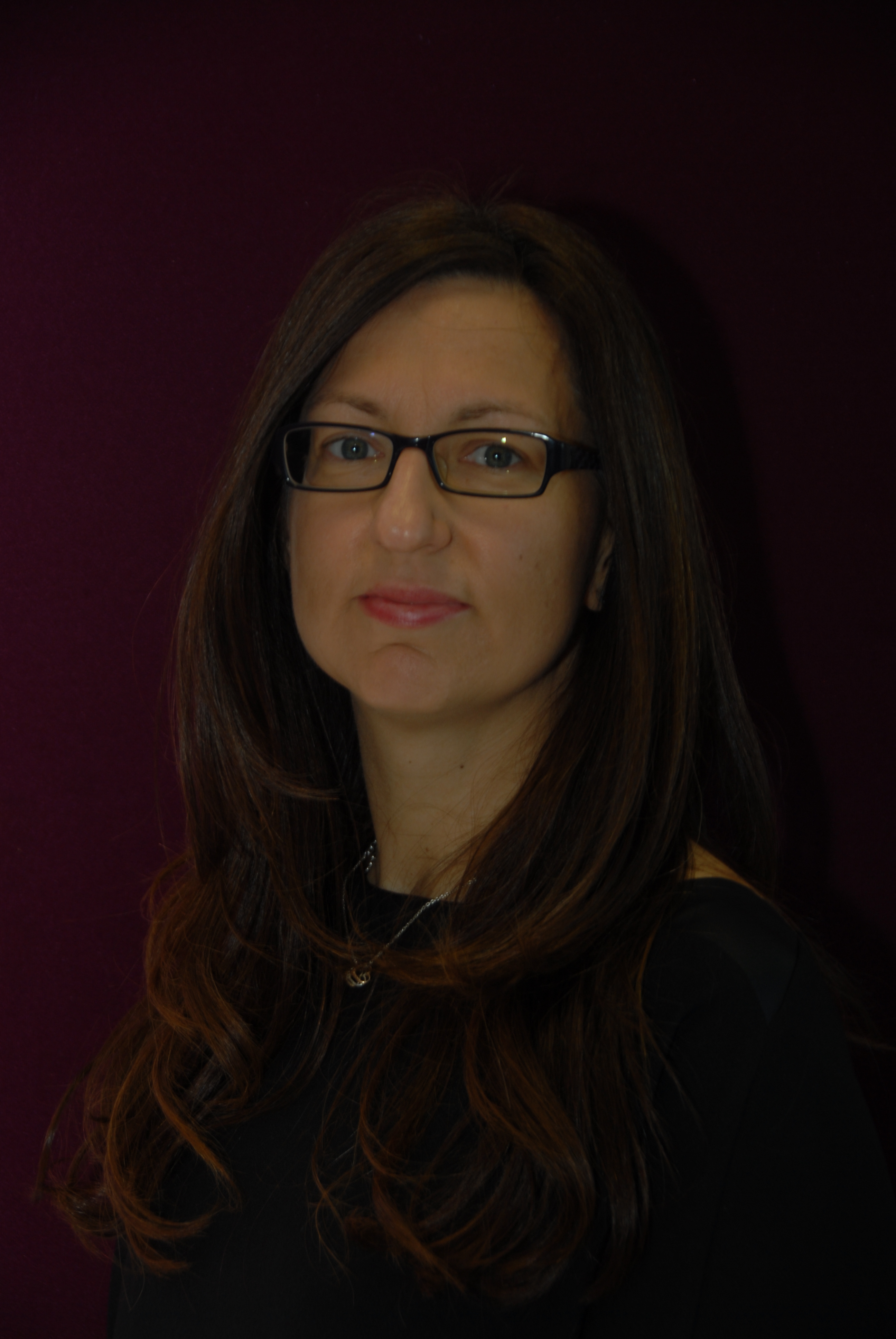
School of Nursing and Midwifery
NUI Galway
View Profile
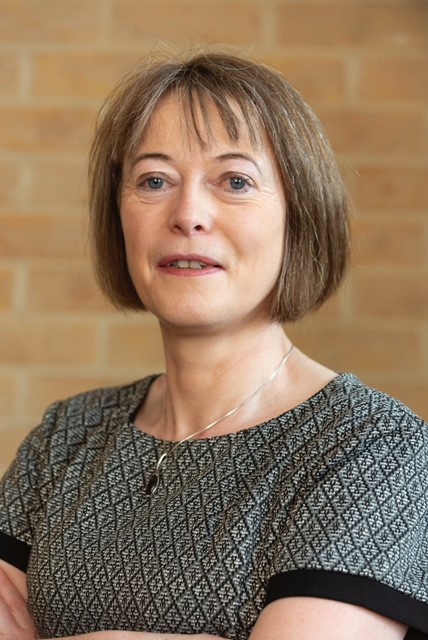
SCHOOL OF NURSING & MIDWIFERY
Room 235, 1st Floor
Aras Moyola
Central Campus
View Profile

E: DFITZGERALD@nuigalway.ie
View Profile
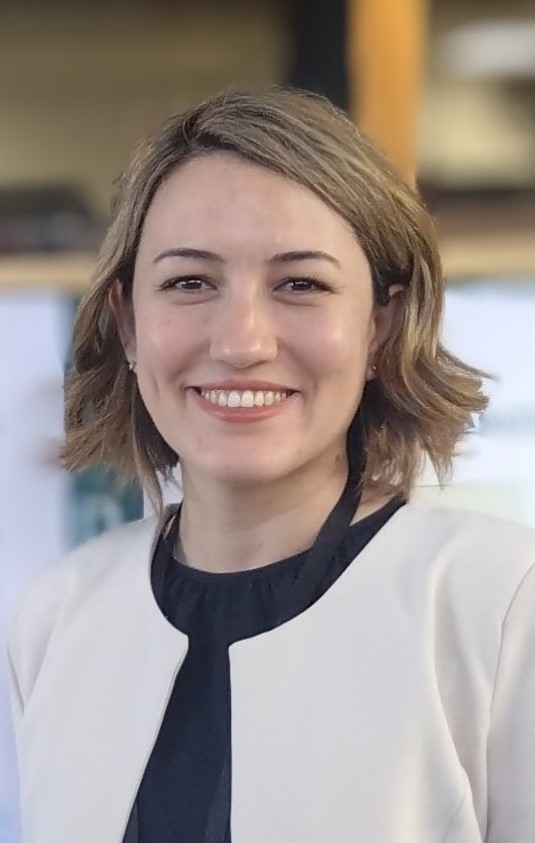
School of Nursing and Midwifery
Aras Moyola
University of Galway
View Profile
Requirements and Assessment
Modules are assessed using a combination of coursework and examinations.
Key Facts
Entry Requirements
- Be registered in the General Nursing Division of the Register of Nurses maintained by the Nursing & Midwifery Board of Ireland (NMBI) or entitled to be so registered AND have a minimum of two years' post-registration general nursing experience.* OR
- Be registered in the General Nursing Division and another Division of the Register, including Registered Midwife (RM), Registered Children’s Nurse (RCN), Registered Nurse Intellectual Disability (RNID) or Registered Psychiatric Nurse (RPN) Divisions of the Register of Nurses and Midwives maintained by the NMBI or entitled to be so registered; AND have a minimum of 12 months' post-registration general nursing experience as an RGN, and 12 months post-registration experience as an RM or RCN or RNID or RPN.* AND
- Meet the academic criteria set by the relevant Higher Education Institute (HEI); Hold an NQAI Level 8 qualification (honours degree) or proof of equivalency; Demonstrate that they have undertaken a programme of study at NFQ Level 8. The academic transcript provided will be used as evidence to demonstrate this, and it should be for the highest level award.*
- If an applicant has not studied at Irish NFQ Level 8 or above or is unable to submit a complete academic transcript or is unsure of the level of their award as detailed above or is unable to confirm the level of their award is equivalent to Irish NFQ Level 8 or above they must complete an Accreditation of Prior Experiential Learning (APEL).*
- Applicants whose first language or language of primary expression is not English must provide evidence that their English language ability meets the required standard for admission in one of the following ways*:
- The International English Language Testing System (IELTS) - the overall minimum required score is 7.0 on the IELTS assessment test Academic Version, with a minimum of 7.0 in any three components and 6.5 in any one component or the equivalent in another English language test and examination. *certificate must have been completed within 2 years of deadline for submitting Std PHN application.
- In circumstances where applicants previously met the minimum English requirements, but the cert has expired (applicants must submit the expired certificate with their application), applicants will not be required to re-take the examination if:
- They have worked, for a minimum of 2 years, through the medium of English in a country where English is the acknowledged primary language.
- Satisfy the selection/admission committee that they have the ability to complete the programme;*
Further information here.
Additional Requirements
Recognition of Prior Learning (RPL)
Duration
1 year, full-time (for Year One of programme)
1 year, part-time (for Year Two of programme)
Next start date
September 2024
A Level Grades ()
Average intake
30
QQI/FET FETAC Entry Routes
Closing Date
Year 1: see https://v2.pac.ie/institute/8
NFQ level
Mode of study
ECTS weighting
60 (Year One), 30 (Year Two)
Award
CAO
Course code
1MDH1
Course Outline
Year One
The theoretical component of year one is comprised of 5 modules (if a registered midwife) and 6 modules (if not a registered midwife).
You will also complete clinical placement competency assessments within the community setting. Students who are not registered midwives will also undertake 5 weeks placement and a clinical assessment in a maternity setting.
Modules (Year One):
- Clinical Governance—Supporting Safe practice
- Advanced Research Methods
- Promoting Population Health Across the Lifespan
- Child Health Surveillance, Welfare and Protection
- Public Health Nursing Praxis
- Maternal, Infant and Family Health (non-midwives only)
- Public Health Nursing Placement
- Maternity Placement (Child non-midwives only)
Note: Year One is currently sponsored by the HSE.
Master of Health Sciences (Public Health Nursing)—Year Two
On successful completion of year one you can register with the NMBI as a Public Health Nurse. You can either choose complete your studies (opt out of year 2) at the end of year one and receive the award of Postgraduate Diploma in Health Sciences (Public Health Nursing) OR you can continue on to year 2 to undertake the Master of Health Science (Public Health Nursing). Entry to Year 2 of the programme is subject to you achieving 60% on the aggregate of modules undertaken in year one. In Year 2 you complete a research dissertation (30 ECTS) on a topic of relevance to public health nursing.
Note: Year Two is self-funded and part-time.
Curriculum Information
Curriculum information relates to the current academic year (in most cases).Course and module offerings and details may be subject to change.
Glossary of Terms
- Credits
- You must earn a defined number of credits (aka ECTS) to complete each year of your course. You do this by taking all of its required modules as well as the correct number of optional modules to obtain that year's total number of credits.
- Module
- An examinable portion of a subject or course, for which you attend lectures and/or tutorials and carry out assignments. E.g. Algebra and Calculus could be modules within the subject Mathematics. Each module has a unique module code eg. MA140.
- Subject
- Some courses allow you to choose subjects, where related modules are grouped together. Subjects have their own required number of credits, so you must take all that subject's required modules and may also need to obtain the remainder of the subject's total credits by choosing from its available optional modules.
- Optional
- A module you may choose to study.
- Required
- A module that you must study if you choose this course (or subject).
- Required Core Subject
- A subject you must study because it's integral to that course.
- Semester
- Most courses have 2 semesters (aka terms) per year, so a three-year course will have six semesters in total. For clarity, this page will refer to the first semester of year 2 as 'Semester 3'.
Year 1 (60 Credits)
Optional NU623: Clinical Governance: Supporting Safe Practice - 10 Credits - Semester 1Optional NU6585: Child and Maternal Health (Non Midwife Cohort) - 5 Credits - Semester 1
Optional NU6751: Promoting Population Health Across the Lifespan - 10 Credits - Semester 1
Optional NU7439A: Service Improvement A Midwife Cohort - 10 Credits - Semester 1
Optional NU7439B: Service Improvement B Non-Midwife Cohort - 5 Credits - Semester 1
Optional NU890: Professional Practice I (NH) - 0 Credits - Semester 1
Optional NU890.MW: Professional Practice I - 0 Credits - Semester 1
Optional RPL010: Recognised Prior Learning - 10 Credits - Semester 1
Optional RPL005: Recognised Prior Learning - 5 Credits - Semester 1
Optional NU502: Advanced Research Methods - 10 Credits - Semester 2
Optional NU6885: Child Health, Surveillance, Welfare and Protection - 10 Credits - Semester 2
Optional NU607: Essential Physical Assessment Skills - 10 Credits - Semester 2
Optional NU736: Professional Practice (Child/Maternal Health) I - 0 Credits - Semester 2
Optional NU738: Professional Practice V - 0 Credits - Semester 2
Optional NU738.MW: Professional Practice V - 0 Credits - Semester 2
Optional NU891: Professional Practice II (NH) - 0 Credits - Semester 2
Optional NU891.MW: Professional Practice II - 0 Credits - Semester 2
Optional NU893: Professional Practice IV (NH) - 0 Credits - Semester 2
Optional NU893.MW: Professional Practice IV - 0 Credits - Semester 2
Optional NU892: Professional Practice III (NH) - 0 Credits - Semester 2
Optional NU892.MW: Professional Practice III - 0 Credits - Semester 2
Optional NU6573: Public Health Nursing Praxis - 10 Credits - Semester 2
Why Choose This Course?
Career Opportunities
As a graduate, you will have the opportunity to practise autonomously within a community setting. You will have developed a specific knowledge that will enable you, as a community practitioner, to provide primary healthcare and target public health issues in the community.
Who’s Suited to This Course
Learning Outcomes
Transferable Skills Employers Value
Work Placement
Study Abroad
Related Student Organisations
Course Fees
Fees: EU
Fees: Tuition
Fees: Student levy
Fees: Non EU
Student levy €140 - payable by all students and is not covered by SUSI. Further detail here.
Find out More
Ms Nicola Gill Meeley
Programme Director
T: +353 91 495 036
E: nicola.gillmeeley@universityofgalway.ie
www.universityofgalway.ie/medicine-nursing-and-health-sciences/nursing/

Rebecca Moylan | 2nd Year MSc student
I am currently working in the community as a public health nurse. As well as other aspects of public health, I have always been passionate about wound care. With the support of my management team, I intend to specialise as a tissue viability nurse with the help of this further education. I felt that NUI Galway provided a lot of flexibility with the structure of the course, this made it possible to travel to Galway and attend lectures while also working full time in a busy role. I always felt well supported by the speedy responses of the lecturers if I ever had any query. The practical element of the venous leg ulcer module as well as the OSCE in ABPIs gave me the confidence to practice in the community and initiate compression therapy safely for patients and therefore reduce the amount of referrals onwards to the acute services. I also very much enjoyed learning alongside my podiatry colleagues. Working full time and also studying full time is a challenge. However, the online recorded lectures have been a saving grace. As I approach the end of Year 2, I can say with confidence that having this Masters will outweigh any challenge I was faced with.








